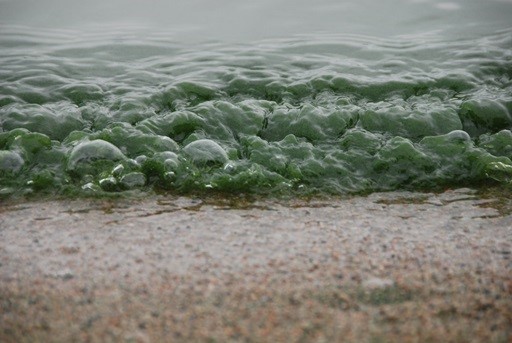After well above normal rates, the South Saskatchewan River is expected to drop to near-normal levels for this time of year.

Rivergoers in Saskatoon know recent flow and levels of the river have been much higher than normal through the month of July.
“We are seeing that decline start to happen,” Water Security Agency spokesperson Patrick Boyle said. “We were at 400 cubic metres per second of outflow coming down to Saskatoon.”
“(Definitely) on the recession end.”
The river has seen its ups and downs so far in 2020, starting relatively average due to a mostly dry start to spring, ramping up to super high after all the rainfall and snowmelt in southern Alberta and the Rocky Mountains. Now, levels are falling back to near normal.
Prairie Lily captain Mike Steckhan said these fluctuations are not uncommon for the river, over any length of time.
“We had our river running at over 710 cubic metres per second.”
“Some years there is not a lot of snow in the Rockies (in addition to) lots of rain, that’s just the way it is,” Steckhan said. “They had to do a major release at the Gardiner Dam at Lake Diefenbaker (back in July.)”
The high river flow presented some obstacles for members of the Saskatoon Canoe Club with regards to safety. The high river flows damaged and even closed their dock briefly.
And when the water turns dangerous, it forces members to get creative and find alternative ways to train.
“We usually do on-land training or if it’s incredibly bad we will go to Pike Lake,” canoe club day camp coach Channa Topping said. “It does present a lot of challenges as it sets us back in technique training.”

Get daily National news
Topping said the use of safety boats and life jackets are stressed for all athletes, whether they are amateurs or have more experience.
Though river levels are falling, it doesn’t mean people should be letting their guard down and taking the river for granted.
“The more people that are gathered together the higher the chance that something can go wrong. With that many people on the river, our concern is not the boat, it’s for everybody else,” Topping said.
“Please be careful and be courteous to other river users.”

Steckhan said all water users have to be aware of newly forming sandbars, especially as water flows are decreasing. He said with the nice weather more people will be using the river.
“With the river levels going down … recreational usage goes up.”
Levels are expected to remain near normal for at least the month of August.
Boyle said the river should be flowing at around 200 cubic metres per second by the middle of the month. He said the average is about 150 cubic metres per second.
People enjoying provincial lakes should be aware of bleen-green algae
Boyle also said people who trying to escape the heat and venturing out to the lake need to be on the lookout for algae.
With the recent string of hot weather, blue-green algae formation on still bodies of water greatly increases.
Boyle said while it isn’t dangerous to people, it can still cause “swimmer’s itch” if it comes into contact with the skin. It could also make someone sick. It can be harmful to pets.
He said a pet wouldn’t know what water has algae in it and which water doesn’t.
Boyle said the algae usually break up when it gets cooler and when it gets windy.








Comments
Want to discuss? Please read our Commenting Policy first.